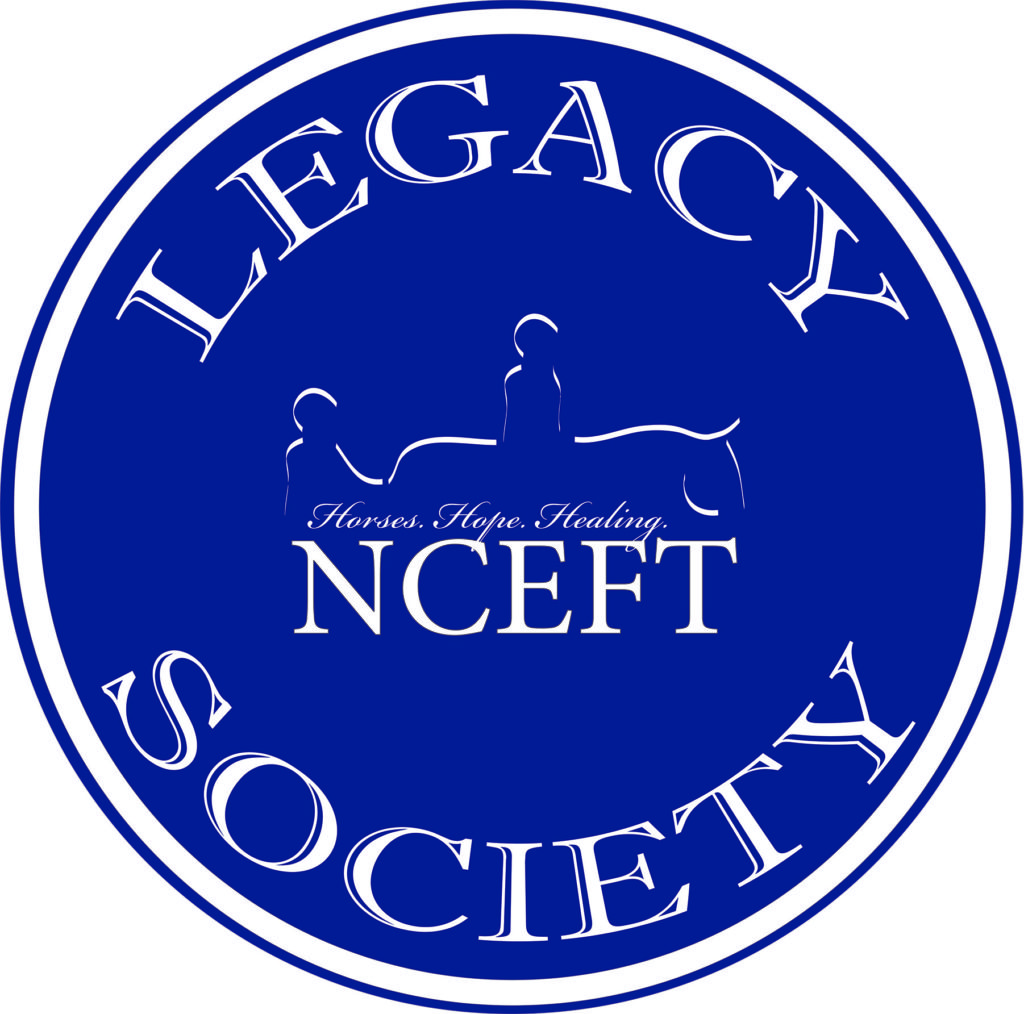Planned Giving Options
Consult with your legal or financial professional to determine the best options for your individual situation and for the most up to date tax laws.
![]()
Bequests:
The simplest way to make a planned gift is to include NCEFT in your will or living trust. There are several bequest types to consider:
-
-
-
- Percentage – a fixed percentage of the estate is given to NCEFT
- Dollar sum – a fixed dollar amount is given to NCEFT
- Residual – gifts made after remembering relatives and friends, and usually in combination with a percentage bequest
-
-
In addition to cash, you can give securities, real estate, and other forms of personal property. If you already have a will or trust, amending it to designate NCEFT as a beneficiary is easy.
![]()
Charitable IRA Rollover:
Donors age 70½ or older can gift up to $100,000 directly from their IRAs to NCEFT without having to recognize the income for federal tax purposes. While there is no charitable deduction, the transfer may count toward your minimum required distribution. To make a qualifying transfer, contact your IRA administrator and instruct them to transfer funds directly to NCEFT.
![]()
Real Estate:
Real estate in the form of a primary or vacation home, apartment or commercial building, farm, or land may be contributed now as an outright gift or later as a testamentary gift. With retained life estate arrangement, you may contribute your personal residence now but continue to reside there for the remainder of your lifetime while taking an immediate charitable deduction for income-tax purposes. Real estate can also be an attractive asset when used to fund a charitable remainder trust and to provide income to you or others.
![]()
Charitable Remainder Trusts & Lead Trusts:
A charitable remainder trust can provide fixed or variable income to you and/or other beneficiaries for life or a specified time period and thereafter distribute the remaining assets to NCEFT. A charitable lead trust enables you to pass assets with significantly reduced gift or estate taxes. These planned gift options are individually tailored to your distinct situation with the help of legal counsel.
 Life Insurance:
Life Insurance:
Name NCEFT as a beneficiary of a life insurance policy. Any benefit NCEFT receives from your insurance will be excluded from your taxable estate. By naming NCEFT as your life insurance policy beneficiary, you may be able to obtain an immediate income tax charitable deduction equivalent to either the policy’s cash surrender value or replacement value. If additional premiums are due, you may be able to deduct those payments as charitable contributions each year.
 Retirement Plans:
Retirement Plans:
Name NCEFT as the beneficiary of your retirement/pension plan, IRA, or 401(k) plan. Simply contact your plan administrator to complete the appropriate beneficiary forms.
The information provided does not constitute professional legal or tax advice and is for general informational purposes only. Consult your legal or financial professional. NCEFT understands that plans are non-binding and do not constitute a legal promise of any future donation to NCEFT. All information will be held in confidence, and changes to your arrangements may be communicated by contacting the NCEFT Development Office. Gifts can be made anonymously.
